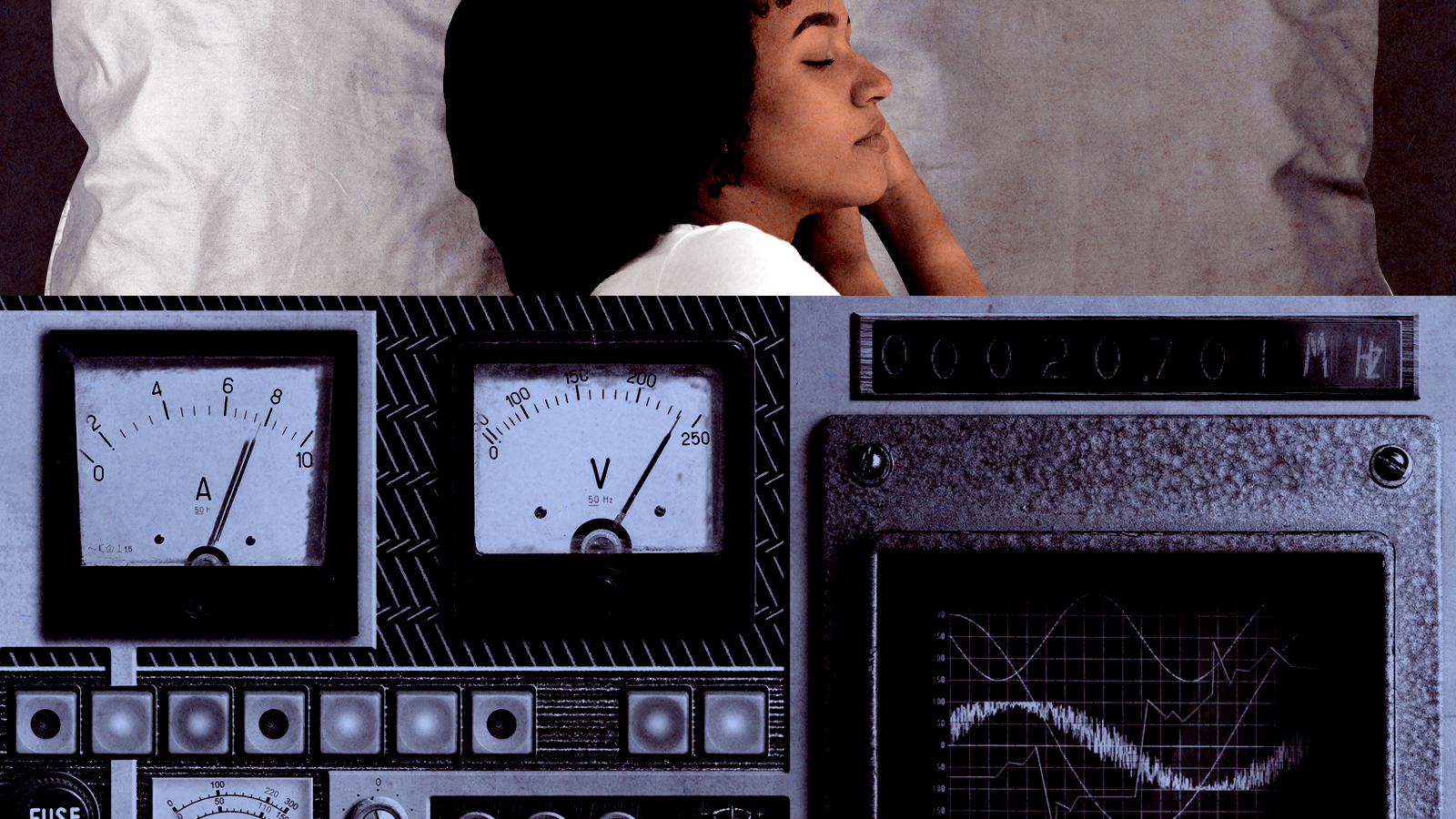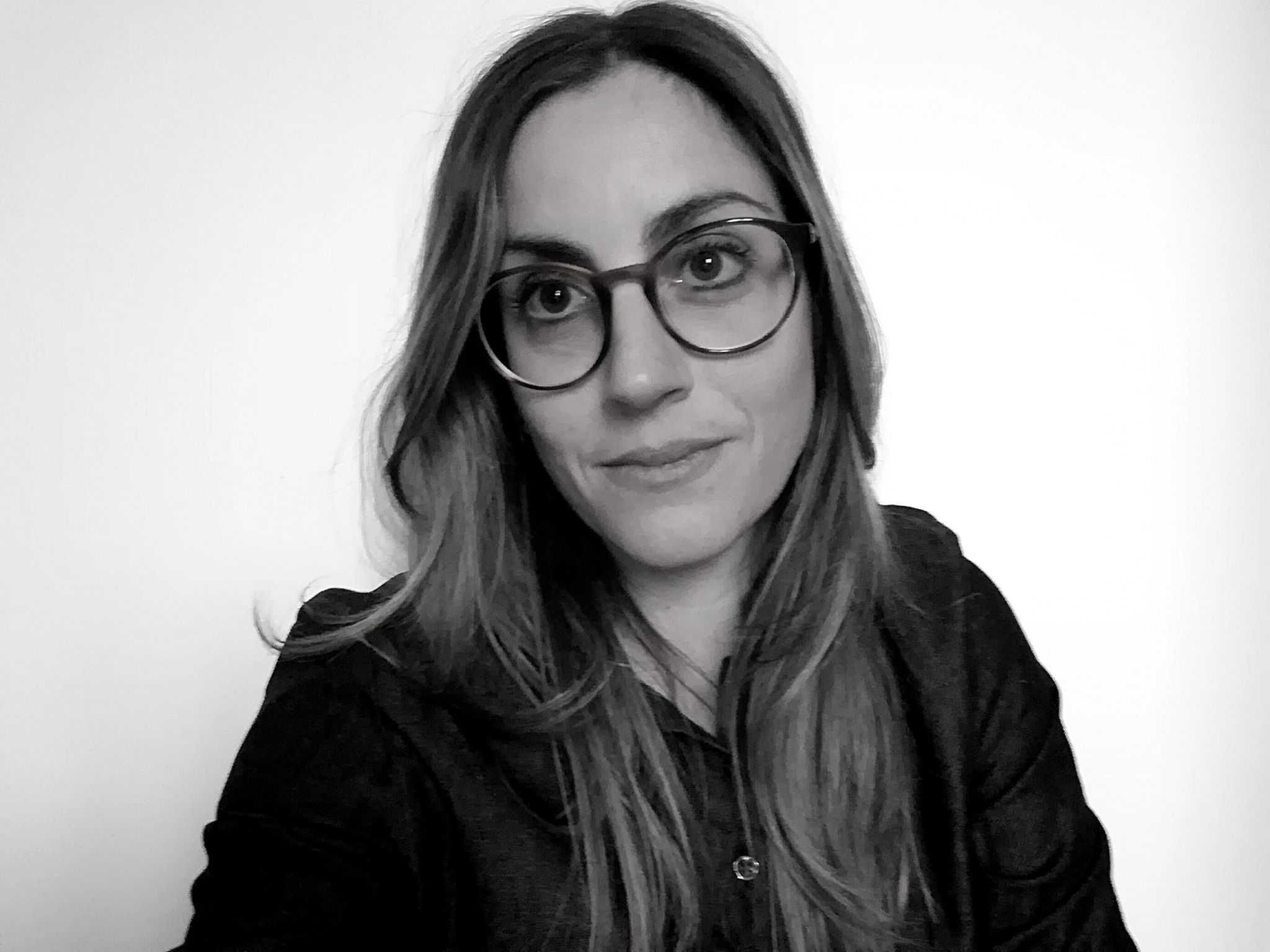The counterproductive promise of a 'sleep goal'
Sleep shouldn't be just one more thing to tick off our to-do list


A free daily email with the biggest news stories of the day – and the best features from TheWeek.com
You are now subscribed
Your newsletter sign-up was successful
"What are your sleep goals and how are you trying to achieve them?"
It's the central question posed by sleep-tracking devices and relaxation apps, and it might seem innocuous and well-intentioned enough. After all, in a world often characterized by busyness and lack of downtime, who wouldn't want to try and sleep better? But the fixation of these devices and apps on goals and achievements betrays how they ironically end up devaluing sleep.
For years, experts have been sounding the alarm about rising rates of sleep deficiency and sleep disorders, and about the health risks of poor sleep quality and quantity, such as the increased risk of Alzheimer's, heart disease, obesity, depression, and cancer. This sleep crisis, it seems, has only worsened with the COVID-19 pandemic. Coronasomnia is now a thing.
The Week
Escape your echo chamber. Get the facts behind the news, plus analysis from multiple perspectives.

Sign up for The Week's Free Newsletters
From our morning news briefing to a weekly Good News Newsletter, get the best of The Week delivered directly to your inbox.
From our morning news briefing to a weekly Good News Newsletter, get the best of The Week delivered directly to your inbox.
But not all experts agree that today's world is experiencing a sleep crisis. In Sleeplessness: Assessing Sleep Need in Society Today, British neuroscientist Jim Horne argues, for instance, that our society's lack of sleep is wildly overstated. Yet, at a time in which we are constantly told that our sleep could be a matter of life and death, it is no wonder that more and more people are turning to self-tracking technologies to monitor their sleep and improve it.
But turning to these technologies risks backfiring. For one thing, research has shown that tracking sleep may lead to "orthosomnia," an unhealthy obsession with perfecting one's sleep data. This is particularly problematic in cases when the person who obsessively tracks their sleep has, in fact, no sleep issue at all according to tests performed in a sleep lab, which are of course much more reliable tools for diagnosing sleep disorders than consumer sleep trackers. These technologies may thus produce unfounded anxiety around sleep, which is hardly conducive to good rest.
Jason Ellis, a professor of sleep science at Northumbria University in the U.K. and director of the Northumbria Centre for Sleep Research, tells me that "whilst the increased availability of sleep-tracking devices has led to people being more aware and mindful of their sleep, which is great, many encourage nomothetic goals and values" — that is, goals and values that follow generalized principles. Sleep, though, "is a very personalized experience in terms of an individual's needs, their opportunities for sleep, and indeed their ability to sleep when they can," Ellis added. "As such, we can become overly obsessed with achieving a 'sleep goal,' which is either unnecessary or unobtainable, resulting in stress and anxiety."
More broadly, the pervasive references to goals and performance in sleep-tracking devices and apps are indicative of how we understand and value sleep today. These technologies encourage an instrumental view of sleep as a tool to maximize alertness and productivity during the day, rather than helping us see rest as valuable on its own terms. The "real sleep goal," one app claims, is "being at your best during the day."
A free daily email with the biggest news stories of the day – and the best features from TheWeek.com
Sleep-tracking devices and apps do champion sleep and rest as key to a healthy lifestyle. They, therefore, seek to debunk the time-honored and profoundly damaging "sleep is for losers" attitude, which supports sleep deprivation as the path to success. Foremost proponents of this view range from Thomas Edison, the father of artificial light who put his success down to sleeping no more than four hours a day, to today's entrepreneurial figure par excellence, Elon Musk, who boasts about his 120-hour workweeks. Even President Donald Trump claimed to run the country on no more than three to four hours of sleep per night.
Yet these technologies fail to address, and in fact reinforce, the other side of the "sleep is for losers" attitude; namely, the value this attitude places on successful productivity. The Facebook bio of a popular sleep-tracking wearable says it all: "Improve sleep. Perform better." Since our work patterns are often to blame for poor sleep quality and quantity, a constant emphasis on productivity and performance doesn't exactly seem to make for a good solution to our supposed sleep crisis.
Indeed, one of the main ways the companies behind these technologies "market" sleep is as a productivity fix, a way to optimize our busy days and ensure success. "Perform better," a relaxation app cheers us on, promising to lull us into sleep. Hardly by chance, sleep scores are often accompanied by readiness scores. Assessing our sleep quality and quantity, and whether we have reached a sleep goal or not, serves to determine how ready we are to face the day productively: "Sleep more. Achieve more." Sleep thus risks becoming another goal to try and tick off from one's endless to-do list, which may generate further anxiety.
Ultimately, sleep-tracking technologies are part of a culture that privileges waking life over sleep, which is one of the reasons why our society may be struggling with sleep so much in the first place. Valuing sleep and rest just in terms of how productive they make us during the day isn't really sufficiently distant from the nefarious "sleep is for losers" attitude.
If we have a "sleep goal" at all, it should be to learn to value rest on its own terms.
Diletta De Cristofaro is a writer and a scholar. She is the author of The Contemporary Post-Apocalyptic Novel (Bloomsbury, 2020). She is now working on a book about sleep in contemporary culture based on "Writing the Sleep Crisis," a research project she leads at Politecnico di Milano, Italy, and Northumbria University, U.K. Her writings on contemporary culture have appeared in Salon, The Conversation, RTÉ, Post45 Contemporaries and elsewhere.
-
 ‘Poor time management isn’t just an inconvenience’
‘Poor time management isn’t just an inconvenience’Instant Opinion Opinion, comment and editorials of the day
-
 Bad Bunny’s Super Bowl: A win for unity
Bad Bunny’s Super Bowl: A win for unityFeature The global superstar's halftime show was a celebration for everyone to enjoy
-
 Book reviews: ‘Bonfire of the Murdochs’ and ‘The Typewriter and the Guillotine’
Book reviews: ‘Bonfire of the Murdochs’ and ‘The Typewriter and the Guillotine’Feature New insights into the Murdoch family’s turmoil and a renowned journalist’s time in pre-World War II Paris
